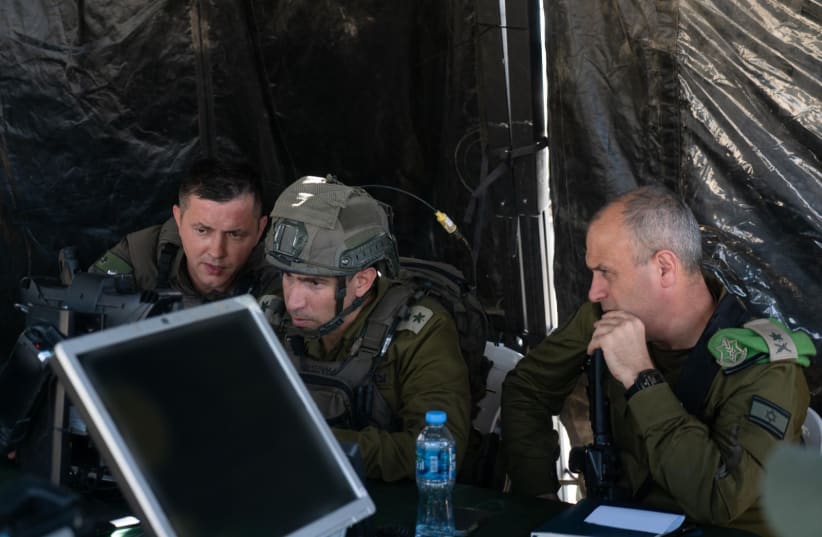Foreign
Hundreds of IDF reservists avoiding call-ups amid judicial reform protests

750 reservists, comprised of a mix of Air Force, Unit 8200 intelligence and special forces personnel, have stopped answering their call-ups for training.
As many as 750 IDF reservists have stopped answering their call-ups for training to protest the government’s overhaul of the judiciary and attorney-general’s authorities with a deafening silence from the IDF spokesperson’s office on Monday regarding the matter.
IDF sources said that they are not ignoring the issue, but are avoiding making public statements for the moment.
Questions are surfacing regarding how long the IDF will be able to remain silent on the issue given that the “reservist strike” might resolve around Passover in early April if a grand compromise is reached, but could also become more serious after Passover if there is no compromise.

Which IDF reservists are striking?
The around 750 reservists are comprised of a mix of air force personnel, Unit 8200 intelligence personnel and special forces officers.
Around 400 of the reservists come from special forces and general intelligence positions, with another around 250 reservists from Unit 8200 and related cyber units.
An additional almost 100 are air force technical officers or are involved in piloting drones. Earlier this month, already 37 reservist combat pilots had said they would strike from showing up for their training.
All 10 living former IDF air force chiefs previously announced their backing for reservists and all of Netanyahu’s former national security council chiefs, as well as recent former Mossad chief Yossi Cohen and former Shin Bet (Israel Security Agency) chief Nadav Argaman, encouraged the government to agree to a compromise.
However, eventually IAF Commander Maj.-Gen. Tomer Bar announced he would punish IDF (res.) Col. Gilad Peled, suspending him from reserve duty, for allegedly being a leader among the reservist strike movement.
If that punishment was expected to deter future striking, then the impact of Bar reversing his own decision within days saying that there had been a miscommunication does not appear to have had the deterrent effect.
Some of the striking reservists are focused on opposing the judicial overhaul and some the law removing the attorney-general’s power to declare the prime minister unfit to serve, with a mix of officers also worried about receiving illegal orders from the government due to the presence of National Security Minister Itamar Ben-Gvir and Finance Minister Bezalel Smotrich.
Netanyahu has strongly urged all of Israel’s security chiefs to crack down on reservist striking and various forms of opposition to his policies if they flow into incitement or anarchy.
Mossad Director David Barnea has allowed most non-senior officials to join protests if their identities are obscured, Shin Bet Director Ronen Bar has prohibited any participation in protests and the IDF has prohibited protesting for full-time officers above the rank of lieutenant-colonel.
Technically, IDF officers above that rank are not supposed to join any protests, but it is unclear whether that rule has been enforced in the past.

























